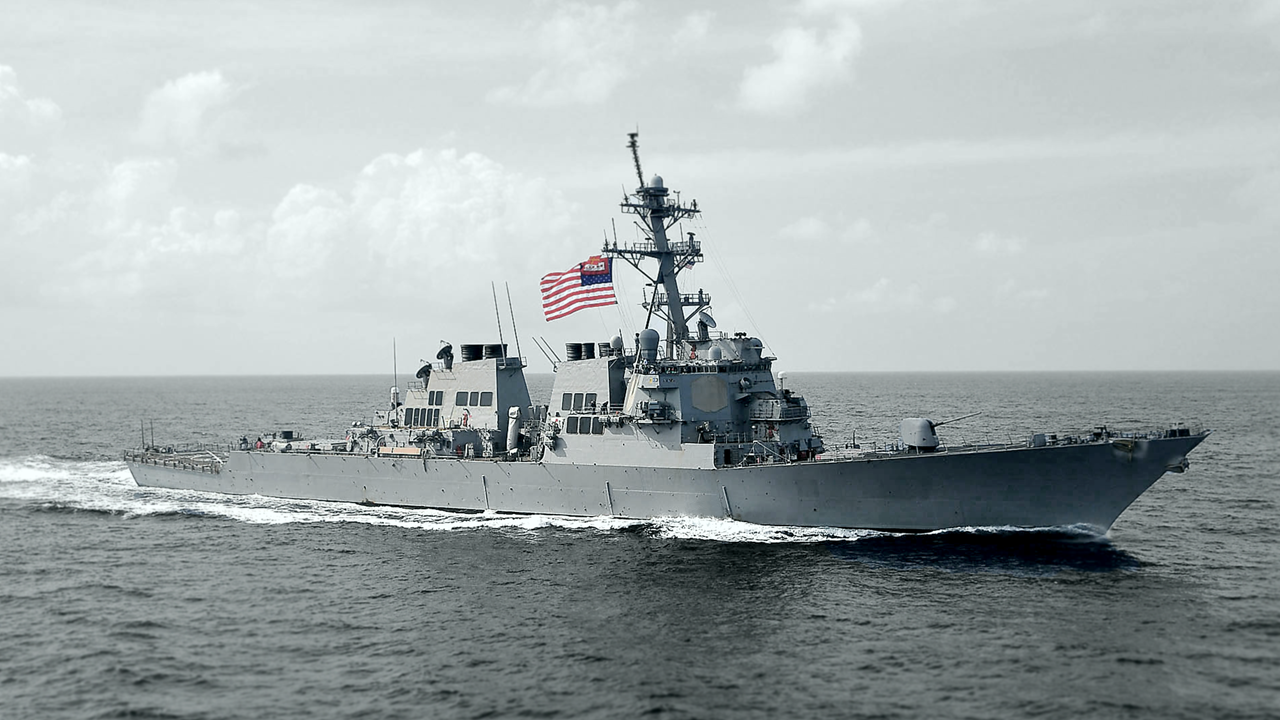Charles River Analytics was awarded a ~$140K contract from the US Navy to develop a Self-Healing Adaptation Infrastructure for Loss Tolerance (SAIL). Charles River Analytics is partnering with George Washington University (GWU) on the SAIL effort.
Navy ships use a complex, interdependent network of computational elements, including servers, sensor processors, and control systems. When a computer running mission software is damaged, it is vital that other ship components pick up the slack.
For example, if an enemy missile destroys the system that processes radar data, the radar sensor hardware may remain operational. In this case, a ship equipped with SAIL can self-heal, adapting its network of surviving hardware and software resources to perform radar data analysis, replacing the lost functionality.
When a processing node on the ship goes dark, SAIL recognizes the failure and distributes the lost capability. Because a single surviving node may not have enough computational power to run another full application, SAIL allows the application modules comprising the lost capability to be executed on separate, coordinating nodes.
“The advantage of SAIL is that it is decentralized, so platform capabilities can remain available in the presence of failures,” said Gerald Fry, Scientist at Charles River Analytics and Principal Investigator of the SAIL effort. “SAIL also lets analysts track resource allocations, so they know whether to add low-SWaP compute nodes to cover potential outages or remove resources from components that were underutilized.”
Contact us to learn more about SAIL and our other Autonomy capabilities.
This material is based upon work supported by the Office of Naval Research under Contract No. N68335-21-C-0447. Any opinions, findings and conclusions or recommendations expressed in this material are those of the author(s) and do not necessarily reflect the views of the Office of Naval Research.
DISTRIBUTION STATEMENT A. Approved for public release. Distribution is unlimited.

